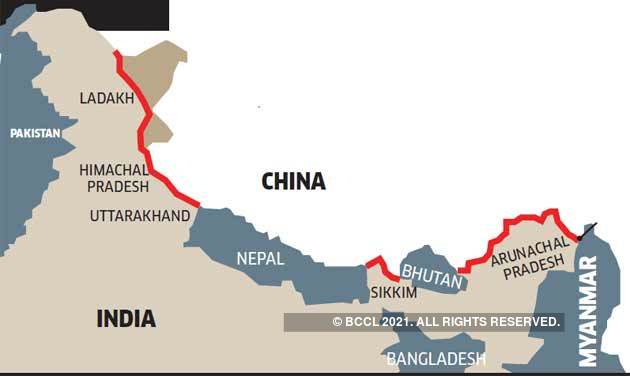7667766266
enquiry@shankarias.in
What is the issue?
China passes a new border law for the “protection and exploitation of the country’s land border areas” amid a continuing stalemate in negotiations with India.

References